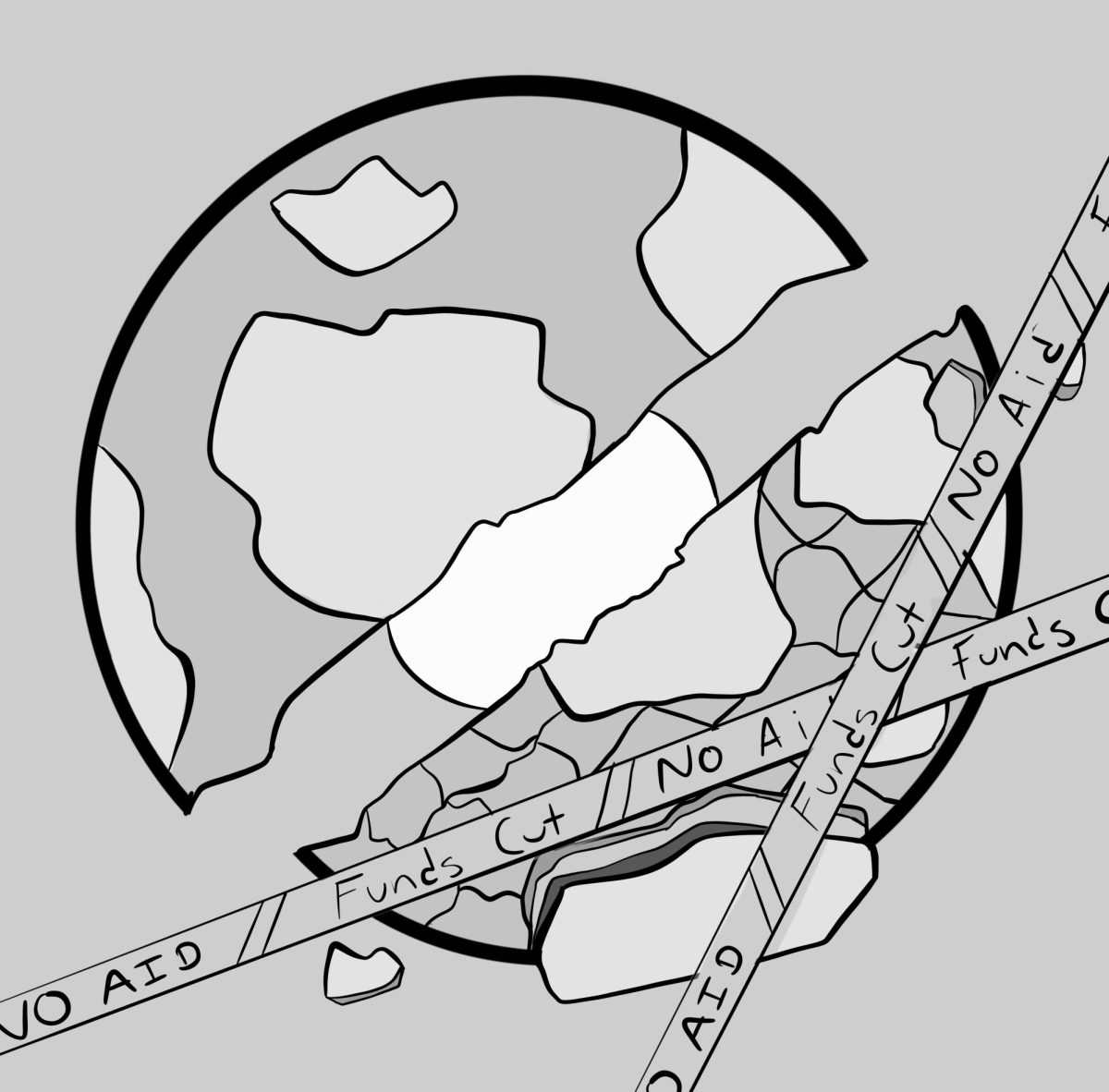The recent shutdown of the United States Agency for International Development has brought chaos to nonprofit workers, farmers and underfunded communities, leaving many struggling to survive. USAID has been an important part of American foreign aid policy, fostering economic growth, stabilization of war-torn countries and combating hunger issues internationally. Closing USAID will not only jeopardize countless lives but also greatly tarnish America’s reputation on the global stage. This immediate disruption has stopped various international development projects, with various organizations rushing to find replacement resources or stop operations.
USAID’s work has greatly improved the well-being of the communities it serves. Its recent shutdown, however, has raised immediate concerns about the economic and, more importantly, humanitarian impact that both affects individuals domestically and abroad.
Founded in 1961, John F. Kennedy established USAID as an independent agency with a goal of countering Soviet influence abroad through foreign assistance and American soft power. USAID’s work in decreasing global poverty, improving international health through vaccinations and improving American relations struck a positive tone for America’s presence abroad. Since its creation, USAID has helped in over 170 countries, according to the Pew Research Center, leading efforts and projects from diaster relief to long term clean water access.
With the recent cutbacks of USAID, farmers dependent on government subsidies and aid programs face financial ruin. According to the Better World Campaign in 2023, USAID bought over a million metric tons of food from U.S. producers, stabilizing the domestic commodity prices while supporting farm incomes.
USAID’s purchases not only prevent a yearly food surplus from going to waste but also can ensure that struggling farmers have a steady annual source of income. Additionally, without USAID, millions of people in vulnerable communities are without critical food assistance, leading to a rapid increase in food scarcity and greater damage to future planning and oversight for such issues.
Foreign aid plays a crucial role in supporting the U.S. economy. According to the Pew Research Center, the United States allocated $72 billion to foreign aid in 2023. This USAID-backed funding benefits recipient nations and supports American industries as much of this support is spent on U.S. domestically-produced goods and services. The end of the USAID directly harms various industries, including agriculture, pharmaceuticals and infrastructure development that may rely on government contracts.
Beyond economic benefits, the shutdown of USAID dramatically weakens the diplomatic influence and strong international soft power, which is the ability to influence other nations through diplomacy and culture rather than military action. Foreign aid has long been used as a political tool to strengthen alliances among countries while promoting democratic values, as in the case of World War II in Europe. In this instance, the Marshall Plan was used not only to rebuild damaged economies but also to encourage the remaining nations to follow American backed democratic goals to counter and contain the spread of communism.
Also, many foreign aid programs similar to those managed by USAID play an essential part in upholding democratic values. Withdrawing this support allows America’s modern day adversaries to increase their own influence in areas that may have once supported the United States.
The fallout of USAID closure is of great concern and significance on a national and international scale. The shutdown is not just an administrative power play but also a humanitarian and economic issue with vast consequences.
Congress must move quickly to restore USAID funding and put major protections in place that will prevent similar political disruptions from reoccurring in the future. Restoring USAID is essential for the future of American economic stability, diplomatic influence and humanitarian leadership.


